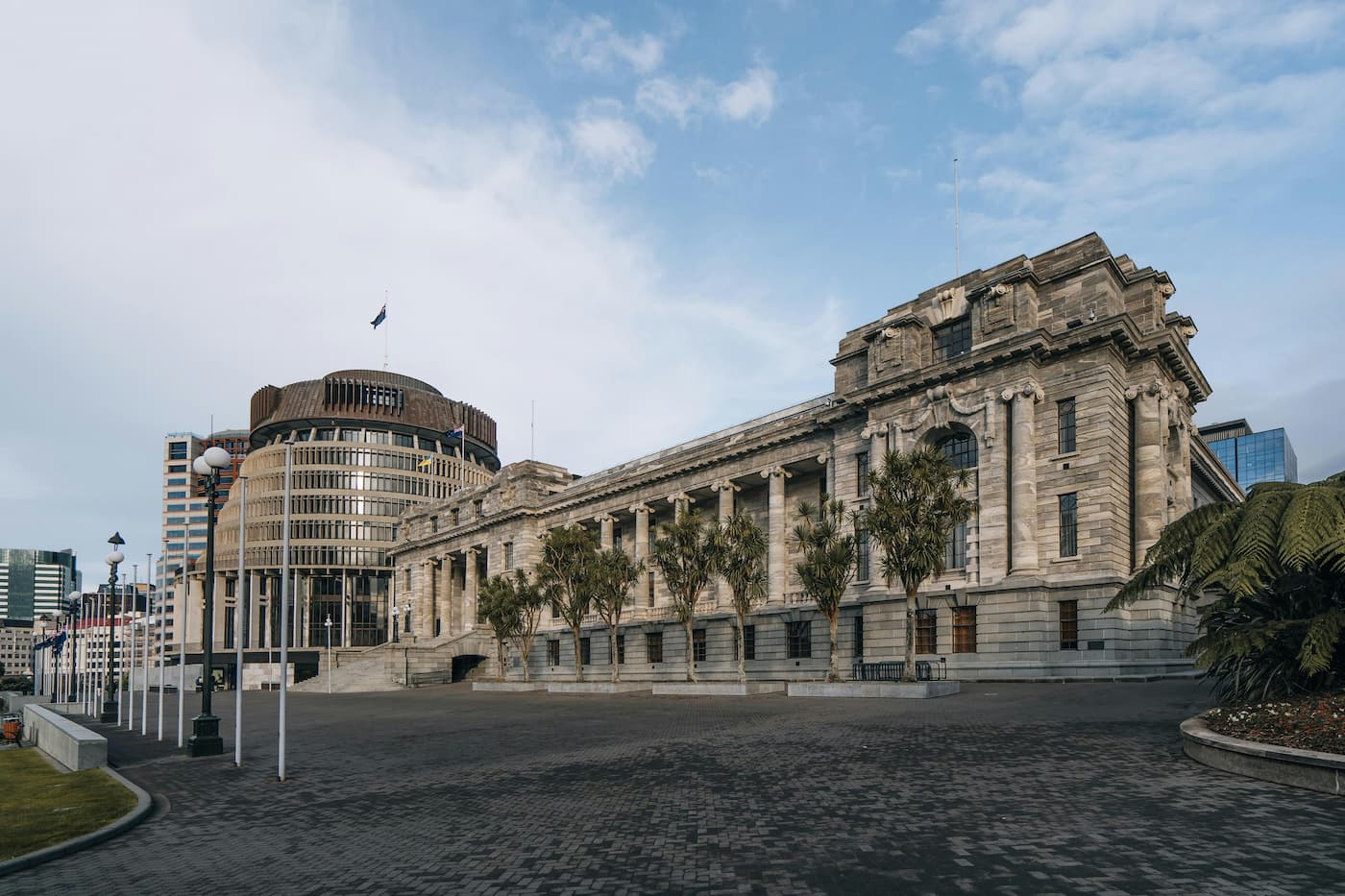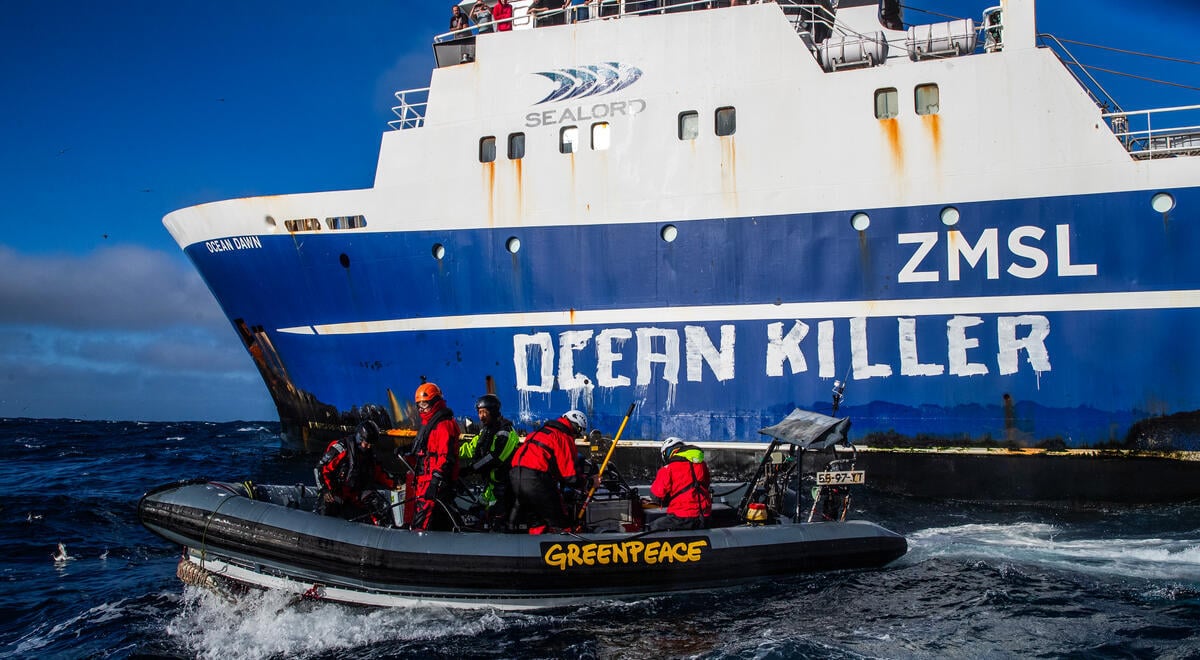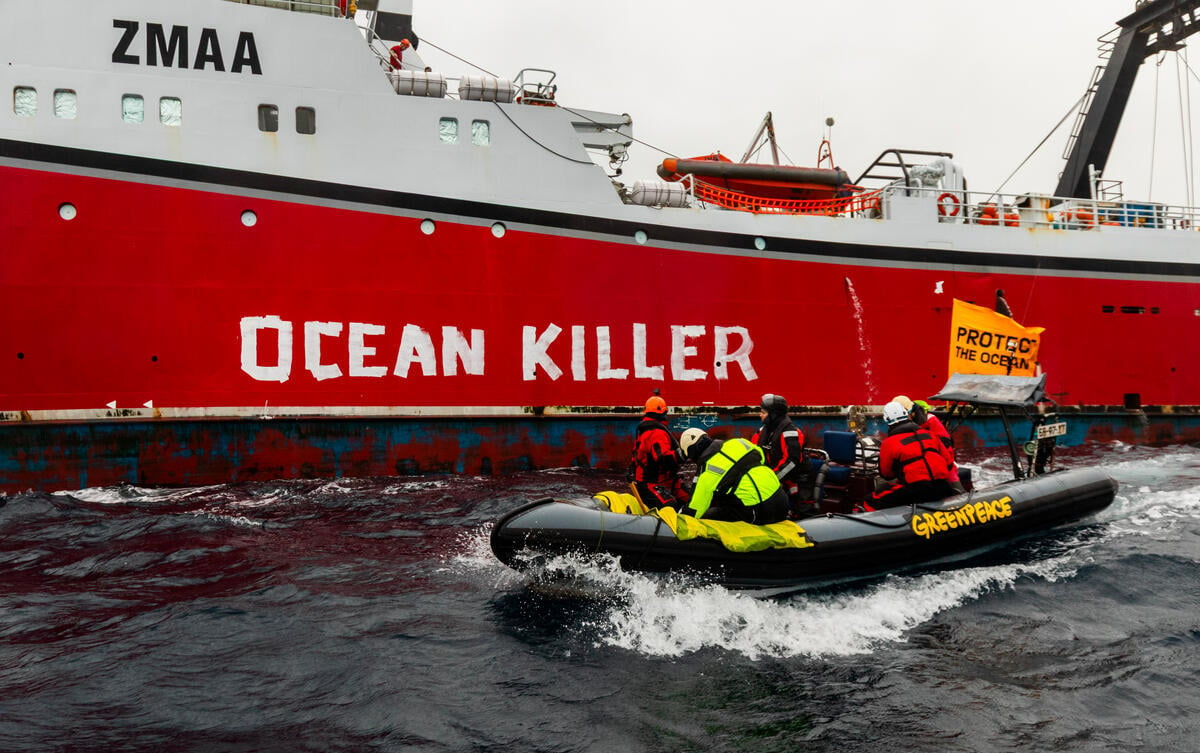Our world is in crisis. As we have seen with the Cyclone Gabrielle tragedy, human-induced climate change is putting our homes, communities, health, food supply and livelihoods at risk through the accelerating frequency of droughts, superstorms and sea level rise. The biodiversity crisis is also having enormous impacts, with the systematic destruction of forests and land-based ecosystems contributing not only to global heating and the loss of the planet’s life support systems but to the emergence of new diseases like Covid-19. Soil health is declining dramatically and fish stocks are collapsing, leading scientists to raise the alarm about access to food in the near future. Drinking water supplies are becoming depleted and polluted, contributing to cancer and preterm births, including in rural parts of New Zealand.
While it may seem that these crises are out of our control, they are not. With courageous leadership, we can forge a future that’s safe from industry-made flooding, storm surges, sea level rises, droughts and wildfires. We can make Aotearoa and the world a better, safer, sounder place to live for our kids and our grandchildren. Designed in the right way, solutions to the climate and biodiversity crises can have multiple co-benefits for health, jobs and quality of life while uplifting people who are already struggling or marginalised.
Just as easily, a lack of ambitious and visionary policy – a continuation of business as usual – would lock us into more extreme climate and ecological devastation with long-lasting repercussions for our people, for wildlife, and the essentials on which they all depend.
You hold the weight of our futures and our children’s futures in your hands. If there ever was a time to be unwaveringly courageous, it is now.
Key Policy Recommendations
It is our view that the following policies would have the most significant, positive impact on New Zealand’s ecological and climate footprint while providing co-benefits for health, jobs and quality of life.
Tino Rangatiratanga
Greenpeace recognises the te reo Māori version of Te Tiriti o Waitangi, which guarantees tino rangatiratanga for Māori. Indigenous sovereignty and environmental protection go hand-in-hand. According to the World Bank, “Traditional Indigenous Territories encompass up to 22 percent of the world’s land surface and they coincide with areas that hold 80 percent of the planet’s biodiversity.”
- Honour the te reo Māori version of Te Tiriti o Waitangi.
- Begin the process of Constitutional Transformation as laid out in the Matike Mai Aotearoa report.
Transform land-use
Industrial dairying is New Zealand’s single largest source of greenhouse gas emissions and water pollution. Intensive agriculture is eroding soil health, threatening access to fertile farm-land in the future. Unsustainable exotic plantation forestry is devastating our hill soils and waterways. Our country needs a vision for transforming the land-use in line with environmental limits, ecosystem protection and restoration.
- Phase out synthetic nitrogen fertiliser through a continuously sinking cap on its use. Start by enforcing the existing synthetic fertiliser regulations.
- Bring agriculture fully into the Emissions Trading Scheme.
- Establish a $1 billion regenerative organic farming fund to help farmers quickly transition to regenerative organic practices and more plant-based agriculture.
- Redirect government research funding away from industrial agriculture towards supporting organic regenerative solutions.
- Phase out all imported feed (such as palm kernel expeller) by immediately introducing a sinking cap on its use.
- Protect existing water catchments, no new industrial irrigation schemes, and require and incentivise the restoration of wide riparian zones to protect soils, waterways and biodiversity.
- Phase out exotic monoculture plantations from erosion-prone hill country and support the restoration of native forest, including providing funding (such as via the One Billion Trees programme) for native tree planting only.
- Immediately support the protection and restoration of critical wetlands.
- In line with recent moves by the EU, regulate the trade in high risk commodities such as wood, palm oil, chocolate, soya, rubber as well as institutions financing these commodities, to ensure they are deforestation and natural ecosystem degradation free, legal, and not associated with human rights abuses.”
Protect the Oceans
The world’s oceans provide half of our oxygen, food for a billion people, and a home for some of the most spectacular wildlife on Earth. Protecting the oceans is also essential in the fight against climate change. But the ocean is under enormous pressure from commercial fishing, plastic waste and new threats like mining. We can protect and restore the oceans so that they are teeming with life for generations to come.
- Conduct an independent review of fisheries management.
- Introduce a mandatory requirement for cameras on all commercial fishing vessels within three years.
- Close all vulnerable marine ecosystems in the New Zealand EEZ to bottom trawling.
- Stop issuing permits for the New Zealand fleet to bottom trawl in the South Pacific.
- Advocate for the effective creation of large scale Marine Protected Areas in international waters, using the newly-agreed UN Global Oceans Treaty.
- Ban seabed mining in New Zealand’s EEZ.
- Advocate for a global ban on deep sea mining.
- Introduce a ban on plastic drink bottles.
- Introduce the Container Return Scheme.
- Develop reusable and refillable beverage container systems.
- Introduce a plastic pollution levy.
- Introduce national targets to phase out single-use plastics.
Power New Zealand on clean electricity
The energy sector is responsible for about 40 percent of New Zealand’s emissions. To turn this around, we need to firstly get more efficient at using what we’ve already got. Secondly, we need to replace fossil fuels with clean, renewable electricity and better transport options. Our energy and transport systems can be designed in a way that creates local jobs, lowers fuel bills and puts power in the hands of people and communities.
- Provide grant funding for community energy schemes and zero interest loans for household solar.
- Install solar panels on government buildings, schools and social housing.
- Extend finance and support for home insulation and heat pumps so that all 600,000 under-insulated homes are insulated in the next 10 years.
- Update the Building Code so that all new homes are net zero, following passive house standards.
- Ban the issuing of new oil and gas prospecting and exploration permits onshore in Taranaki.
- Ban the application for and issuing of new coal mining permits.
- Revoke all unused fossil fuel (coal, oil, gas) permits and end all fossil fuel (coal, oil, gas) permit extensions.
- Ban all new coal, gas and diesel infrastructure and phase out all existing coal, gas and diesel infrastructure by 2030.
- Ban the importation of fossil fuel vehicles by 2030.
- Divert all funding earmarked for new motorways to an unprecedented investment in public transport, cycling and walking.
- Invest in regional rail links, including an overnight link between Auckland and Wellington.
Fit for purpose laws and government agencies
It is our experience that a number of laws and agencies whose purpose is to protect the environment or promote democracy are failing in their mandate and must be updated or reformed. They currently facilitate polluting industries to lobby the government into inaction.The purpose of our political institutions must be restored to serve the best interests of people and country – not private interests.
- Reform lobbying rules to restore democracy and address the excessive influence that private vested interests have over political decision-making.
- Give the Climate Change Commission independent powers to influence the price of emissions through the Emissions Trading Scheme.
- Review and reform the Environmental Protection Agency so that it properly serves its function: to protect our natural environment.
- Conduct a comprehensive review of the Official Information Act to improve transparency and democracy.




